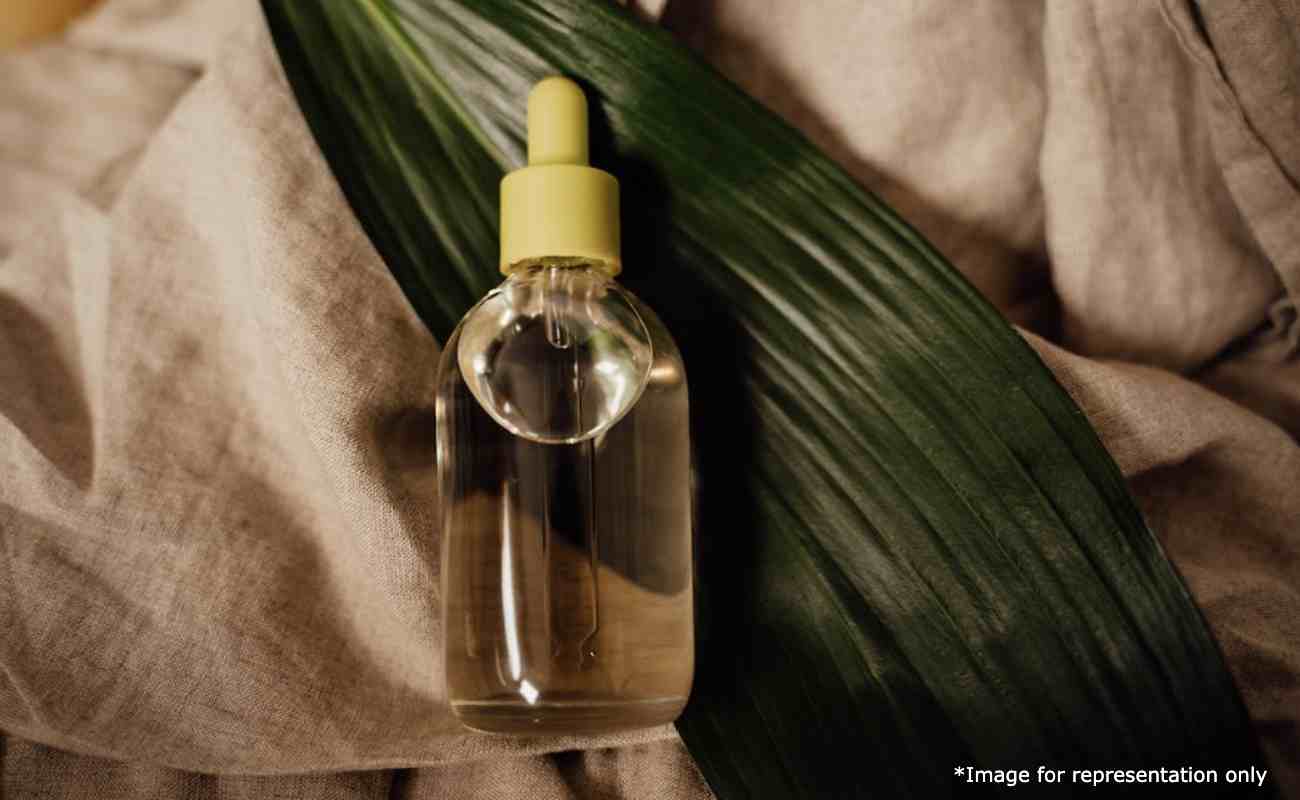Emulsifiers in cosmetics; everything you need to know including selection factors
Emulsifiers are ingredients that are used in cosmetics to help mix oil and water-based ingredients together. They are essential for creating stable and homogenous formulations, and are used in a wide range of cosmetic products such as lotions, creams, and shampoos.
There are two types of emulsifiers: non-ionic and ionic. Non-ionic emulsifiers are neutral, and they work by reducing the surface tension between the oil and water-based ingredients, allowing them to mix together more easily. Ionic emulsifiers, on the other hand, are charged, and they work by attracting both the oil and water-based ingredients, allowing them to mix together more easily.
One of the most commonly used non-ionic emulsifiers is glyceryl stearate. It is a fatty acid derived from glycerin and stearic acid, and it is known for its emulsifying properties and its ability to provide a smooth and creamy texture to cosmetics. Another commonly used non-ionic emulsifier is cetearyl alcohol, which is a mixture of cetyl and stearyl alcohols, and it is known for its emulsifying properties and its ability to provide a creamy texture to cosmetics.
Ionic emulsifiers are also widely used in cosmetics. One of the most commonly used ionic emulsifiers is sodium stearoyl lactylate, which is a derivative of stearic acid and lactyl lactate, and it is known for its emulsifying properties and its ability to provide a smooth and creamy texture to cosmetics. Another commonly used ionic emulsifier is glyceryl stearate citrate, which is a derivative of glyceryl stearate and citric acid, and it is known for its emulsifying properties and its ability to provide a smooth and creamy texture to cosmetics.
When selecting emulsifiers for cosmetics, it's important to consider several factors:
Compatibility: It's important to choose emulsifiers that are compatible with the other ingredients in your formulation. For example, if you're using essential oils in your formulation, you'll want to choose emulsifiers that are compatible with essential oils.
Stability: It's important to choose emulsifiers that will provide stability to your formulation. You'll want to choose emulsifiers that will help keep your formulation stable over time, even under different conditions such as temperature changes.
Sensitivity: It's important to consider the sensitivity of your skin when choosing emulsifiers. You'll want to choose emulsifiers that are less likely to cause irritation or allergic reactions.
Cost: It's important to consider the cost of the emulsifiers you're choosing. You'll want to choose emulsifiers that fit within your budget.
Eco-friendly: It's important to consider the environmental impact of the emulsifiers you're choosing. You'll want to choose emulsifiers that are environmentally friendly and that can be easily recycled.
In summary, emulsifiers are essential ingredients in cosmetics, and they play a critical role in creating stable and homogenous formulations. When selecting emulsifiers for cosmetics, it's important to consider factors such as compatibility, stability, sensitivity, cost, and environmental impact. It's also important to consult with a cosmetics expert who can help you select the right emulsifiers for your formulation. They will be able to help you choose emulsifiers that are compatible with your other ingredients and that will provide the best performance for your application.
Checkout this experts recommended training: High-Performance Natural Cosmetics: Ingredient Selection, Formulation, Evaluation, Claims and Regulations

